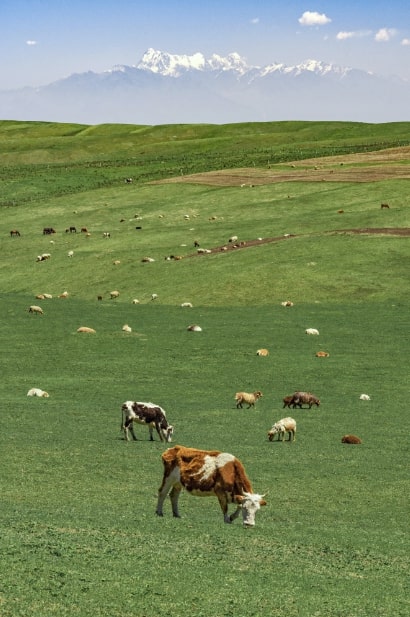In May new legislation came in to ban the routine use of antibiotics on farms. The goal is to continue the good work to reduce the risk of animals becoming resistant. This will ensure animal health and welfare while also protecting humans.
A crucial detail
One of the most important details here is it is now illegal for farmers to use antibiotics to compensate for poor practices. Instead, they need to ensure they are proactive when it comes to hygiene, housing, husbandry, and farm management. This can ensure animals are happy and healthy without having to rely on medications.
There are a number of crucial things farmers can do to reduce the risk of illnesses among animals. Most importantly they need to ensure that housing is appropriate in terms of the size, ventilation, and cleanliness. Fields should be in good condition too. A must here is to keep an eye on parasite loads.
Last resort
The important thing to keep in mind is antibiotics should be the absolute last option. Vets can still prescribe them when cases call for it, but only when necessary for animal health and welfare. Most importantly, they should only be used if a risk assessment calls for it. Vets should use their clinical judgement to determine it is the only or most effective option.
A word of warning
While support is broadly in favour of the ban on routine antibiotic use, some have concerns about a blanket ban of prophylactics. These are antibiotics that you use to prevent infection. Generally, you take medication to respond to illnesses. However, sometimes you can be proactive and take them when there is a high chance of infections. This commonly happens if you are having some form of surgery.
The new legislation says prophylactics can only be used on farms in exceptional circumstances. Again vets should instruct when they are necessary. Crucially, they should only be a choice when there is a high risk of disease. They should not be used to treat things like viruses.
Do you need help with animal health?
Many farmers across the UK are already working hard to reduce their reliance on antibiotics. We can see this in the massive drop in their use. Official data from RUMA shows that there has been a 59% drop in antibiotic sales since 2014. Totals are now the lowest they have ever been at 25.7mg/kg. Most importantly, the volume of HP-CIAs (the highest priority critically important antibiotics), are at very low levels. They are 0.12 mg/kg, translating to just 0.5% of sales.
JS Hubbuck Ltd can help clients who want to improve animal health on their farms. We have plenty of useful products to choose from. More importantly, we can offer information about each of them.
So, contact us if you need anything.

